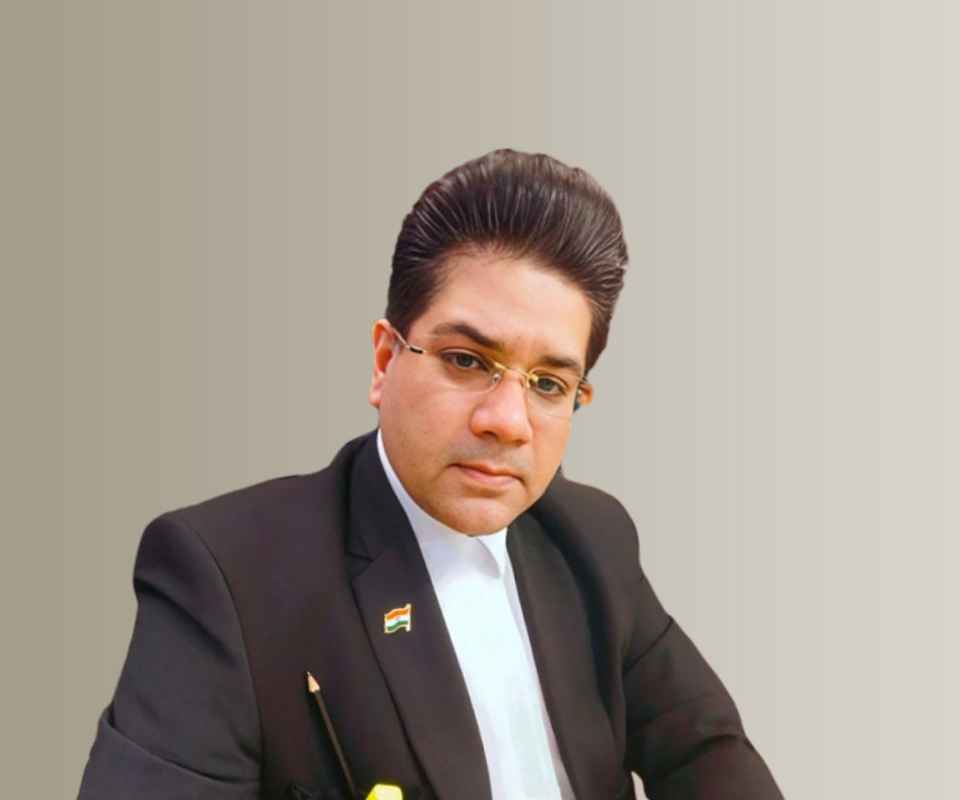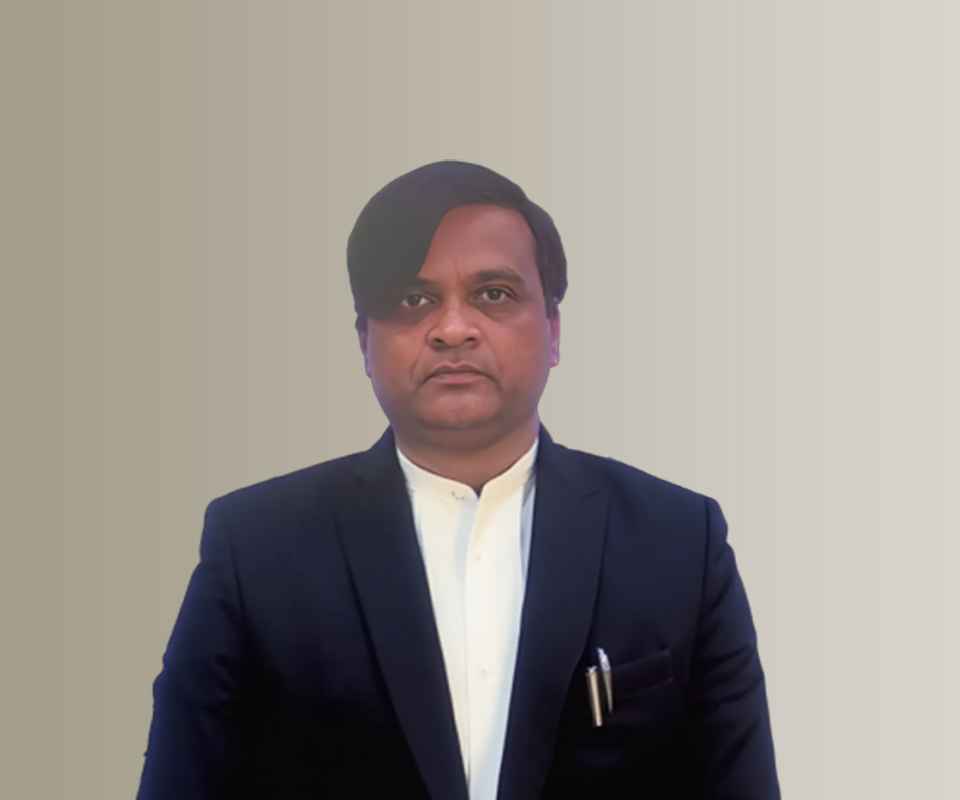Answer By law4u team
In India, transgender persons are granted fundamental rights under the Indian Constitution. This includes the right to vote and the right to contest elections. The Transgender Persons (Protection of Rights) Act, 2019 affirms the legal recognition of transgender persons and aims to provide better social, legal, and economic rights. However, while they have the right to contest elections, there are several challenges and barriers that transgender persons may face in fully realizing this right under the current electoral system.
Can Transgender Persons Contest Elections Under Indian Law?
Legal Right to Contest Elections:
Yes, transgender persons are legally allowed to contest elections under Indian law. The Constitution of India, specifically under Article 326, grants the right to vote to every citizen who meets the age and residency requirements, regardless of gender identity.
Transgender persons can register as voters, and their names can be included in the electoral rolls in their self-identified gender (male, female, or transgender), as per the Transgender Persons Act, 2019.
Election laws in India, such as the Representation of the People Act, 1950, and the Representation of the People Act, 1951, do not impose any restrictions based on gender identity when it comes to standing for election. Therefore, transgender persons are eligible to run for both state and national elections.
Challenges Faced by Transgender Candidates:
Lack of Political Representation:
While the right to contest elections is guaranteed, transgender persons are significantly underrepresented in the political landscape. As of now, there are very few transgender politicians in India. This is due to both social stigma and lack of support within mainstream political parties.
Cultural and Societal Barriers:
In many parts of India, transgender persons still face discrimination and marginalization. This societal resistance can make it difficult for them to participate in politics. The public may view transgender candidates through a lens of bias, which can lead to rejection by voters or reluctance from political parties to offer them nomination or support.
Electoral Representation and Party Support:
Transgender persons often find it difficult to get party tickets to contest elections due to prejudices within political organizations, which may prefer candidates from more traditional gender roles. This lack of institutional support can serve as a major barrier for transgender candidates to contest elections.
Gender Recognition in Electoral Rolls:
The Election Commission of India allows transgender persons to register as voters under the gender category of their choice (male, female, or transgender). However, transgender persons still face challenges in terms of official documentation and recognition of their gender identity, which can hinder their ability to stand for elections.
Many government documents (such as voter ID cards) may not reflect the preferred gender of transgender persons due to issues with gender recognition on official records. This can complicate their political participation and their ability to run for office.
Recent Progress:
The Transgender Persons (Protection of Rights) Act, 2019 was a significant step forward in terms of legal recognition of transgender persons, but its implementation is still evolving. While the Act ensures transgender persons have the right to vote and be elected, the systemic barriers and lack of political inclusion persist.
Increased Awareness: As public awareness of LGBTQ+ issues rises, more transgender persons may feel empowered to enter politics. This growing awareness is vital to create a more inclusive political environment where transgender persons can fully participate in the democratic process.
Success Stories and Potential:
Some transgender individuals have already started to make strides in politics. For example, Kalki Subramaniam, a well-known transgender rights activist, has been active in advocating for the rights of transgender persons and has contested local elections in the past.
In Tamil Nadu, Thirunangai (a transgender activist) was appointed as a member of a state-level social welfare committee. These examples are positive steps towards increasing transgender representation in Indian politics.
Legal Reforms Needed:
Though transgender persons have the legal right to contest elections, more legal and structural reforms are needed to ensure equal political representation for transgender individuals. This includes addressing issues such as gender documentation, political party inclusivity, and public awareness of transgender rights in the political sphere.
Policies that encourage political parties to field transgender candidates could be introduced, and there could be greater support for transgender persons to run for office, ensuring a truly inclusive democracy.
Example:
Case 1: A transgender woman from a rural area wishes to run for local elections. While she has the legal right to contest, she faces resistance from local political parties and societal bias. Her voter registration reflects her preferred gender, but her election campaign struggles to gain momentum due to discrimination and lack of institutional support.
Case 2: In a major city, a transgender activist contests in an assembly election and is backed by a progressive political party. Her campaign garners significant attention, and she challenges traditional gender norms in politics. However, her opponent tries to discredit her based on societal prejudices, showing the ongoing struggles transgender candidates face in a traditional political environment.
Conclusion:
Yes, transgender persons can contest elections under Indian law, as they have the same legal rights as other citizens. However, they face several challenges including cultural resistance, lack of political support, and barriers in official documentation. Despite these challenges, progress is being made, and with increasing awareness and legal reforms, it is hoped that more transgender persons will be able to participate in politics, making the electoral process more inclusive.







